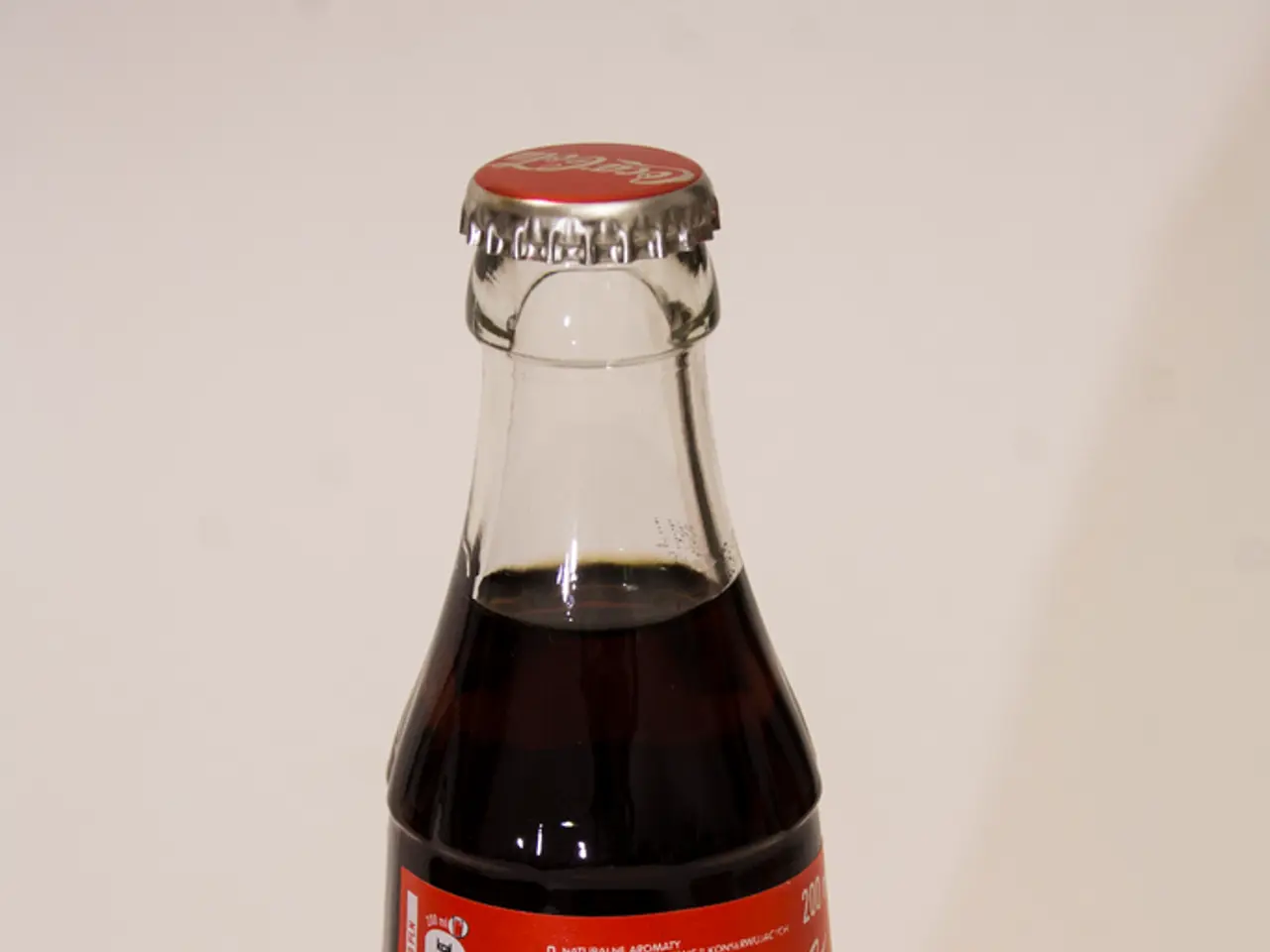Consider Delving into CBD and Hemp-Enhanced Beverages?
In the rapidly expanding world of wellness products, CBD-infused beverages have gained significant popularity. These drinks come in various forms, such as sparkling water, teas, and sports beverages, appealing across demographics and luxury brands.
The appeal of CBD beverages lies in their non-intoxicating relaxation and wellness effects. They are often associated with reducing stress and potentially mitigating alcohol-related cell damage and liver inflammation. Moreover, they offer an attractive alternative to alcohol with fewer side effects like intoxication, making them an appealing choice for those seeking healthier lifestyle choices.
However, it's important to approach CBD-infused beverages with caution. CBD, while non-psychoactive, inhibits liver enzymes (CYP450) that metabolize many prescription medications such as blood thinners and antidepressants, potentially exacerbating side effects or altering drug efficacy. Mixing CBD with alcohol can also increase drowsiness and sedation, impairing coordination and reaction times.
Furthermore, hemp-derived products may contain varying levels of cannabinoids including synthetically derived THC variants (Delta-8, Delta-10, Delta-11) which can cause adverse effects like anxiety, paranoia, hallucinations, and loss of coordination.
The cannabis beverage market, including CBD and hemp drinks, is expanding rapidly, expected to reach several billion dollars by 2025-2030 with broad acceptance from mainstream retailers and luxury brands. However, consumer and regulatory confusion remains in some regions. These beverages are generally shelf-stable, lab-tested, and formulated to legal standards, offering predictable dosing, but more research is needed to fully understand the effects of CBD on pain management and to establish safe dosing thresholds and long-term health impacts.
Clinical trials are scarce, so the long-term health effects, safe dosing thresholds, and impacts on specific medical conditions remain unclear. Most safety data currently comes from post-market surveillance rather than controlled studies.
When consuming CBD and hemp drinks, precautions should be taken similar to other forms. This includes ensuring the product is from a reputable source and consulting a healthcare professional. The evidence supporting the benefits of CBD is still limited, and ongoing research is needed to establish the efficacy and benefits of CBD and hemp.
In summary, while CBD- and hemp-infused beverages hold significant market potential and offer non-intoxicating alternatives with some preliminary health benefits, consumers should be cautious of drug interactions and side effects. The field urgently needs more rigorous clinical research to establish safety profiles, effective dosing, and long-term impacts.
- The rapid growth of the cannabis beverage market, including CBD and hemp drinks, is also promising for health-and-wellness and fitness-and-exercise enthusiasts, as these products may provide nutritional benefits and aid in mental-health management.
- CBD beverages, which come in various forms such as sports beverages, teas, and sparkling water, are often associated with promoting overall health and wellness, and they can potentially alleviate stress and contribute to a balanced diet.
- However, the use of CBD supplements, found in CBD-infused beverages, can cause interactions with certain medications, especially blood thinners and antidepressants, potentially exacerbating side effects or altering drug efficacy.
- As the popularity of these beverages increases, it's crucial to prioritize CBD's role in nutrition, taking precautions when consuming hemp products and consulting a healthcare professional for advice regarding dosing and potential side effects.
- Further scientific research is needed to uncover the full potential of CBD and hemp drinks, with a focus on understanding their long-term health impacts, cost-effective pain management applications, and safe dosing thresholds.




